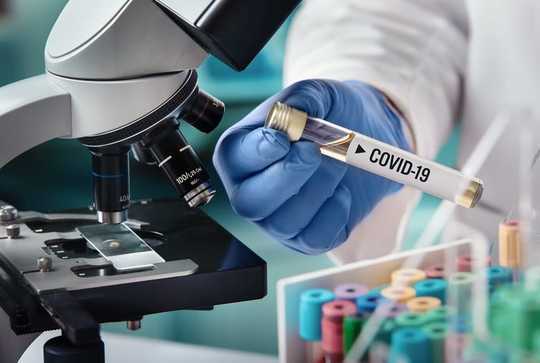
In the face of the virus emergency, research standards have been relaxed to encourage faster publication and mistakes become inevitable. This is risky.

Is evolution the best inventor? With hundreds of millions of years of work and the natural world as its canvas, it would seem so.

Maybe you’ve learned to dislike the smell. Maybe your socks are full of gross bacteria. Or maybe, it’s both. Our team studies the brain and sense of smell

The UK and some US states have become the latest to set out plans for easing their lockdown due to coronavirus.
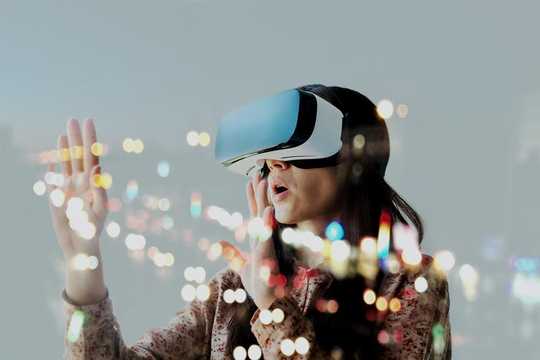
Not so long ago, the concept of a fully automated store seemed something of a curiosity.

With #StayAtHome and social distancing now becoming a way of life, an increasing number of people are relying on the internet for work, education and entertainment.

Internet-enabled devices are so common, and so vulnerable, that hackers recently broke into a casino through its fish tank.
- By Chris Impey

Science gets a lot of respect these days. Unfortunately, it’s also getting a lot of competition from misinformation.

On International Women’s Day, people across the world are taking part in Wikipedia edit-a-thons to address gender bias in the online encyclopedia’s biographies.
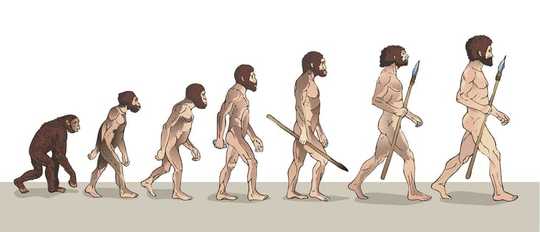
Evolution explains how all living beings, including us, came to be. It would be easy to assume evolution works by continuously adding features to organisms, constantly increasing their complexity.
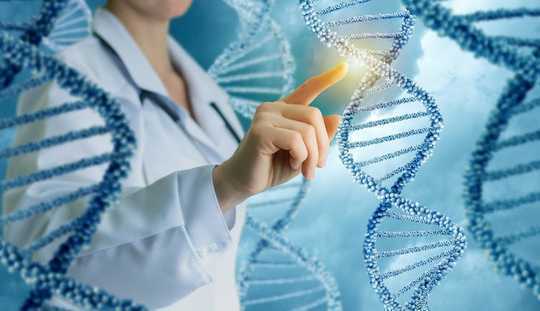
The Human Genome Project was an international scientific collaboration that successfully mapped, sequenced and made publicly available the genetic content of human chromosomes – or all human DNA.
- By Paul Levy

Do you need a buy a new laptop, or is it time to switch to a different device altogether?
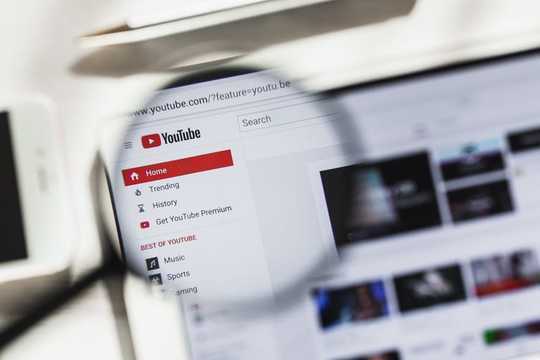
A recent study caused arguments among scientists by arguing that the algorithms that power the site don’t help radicalise people by recommending ever more extreme videos, as has been suggested in recent years.
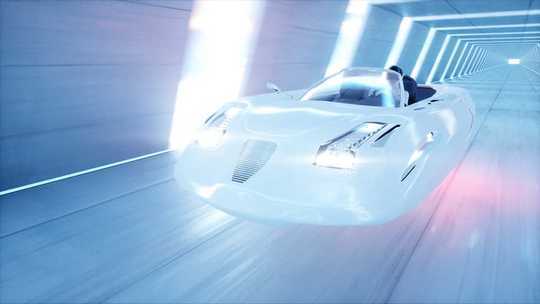
Cars are changing – fast. But are innovations such as autonomous and flying cars a bright new dawn, or just a wild pipe dream?
- By Gang Chen

Biosolids – primarily dead bacteria – from sewage plants are usually dumped into landfills. However, they are rich in nutrients and can potentially be used as fertilizers.
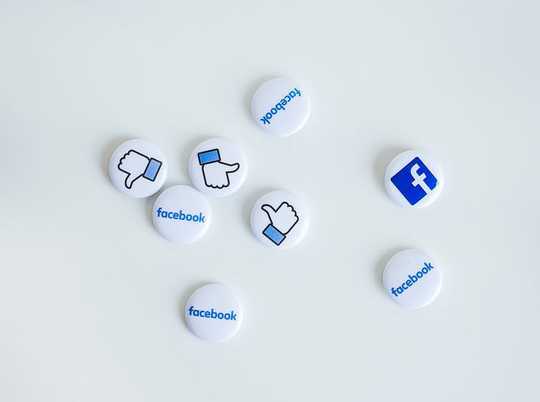
With the exception of Google, there has never been a company that has had this many people using its services.
- By Julie Shiels

Smartphones have changed the way we inhabit public space and more specifically, how we fill our time while waiting.

Western science, in its perception of quantitative time, might eventually edge toward a dynamic concept of time (such as the Maya have). Physicists such as Fay Dowker (2018) have started to look for a way out of the concept of fixed time. Dowker says that her teacher Stephen Hawking only touched on the question of whether time really passes.

Some ads can be more than misleading – they can put your health at risk.
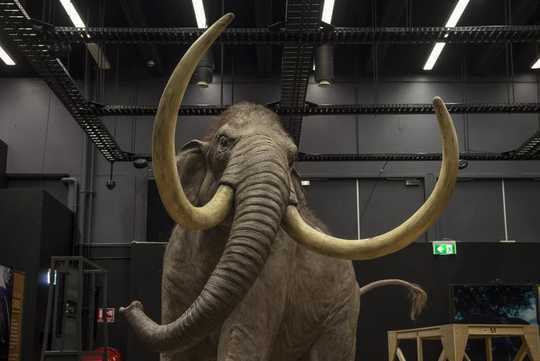
A genetic “clock” lets scientists estimate how long extinct creatures lived. Wooly mammoths could expect around 60 years.
- By Seokbum Ko
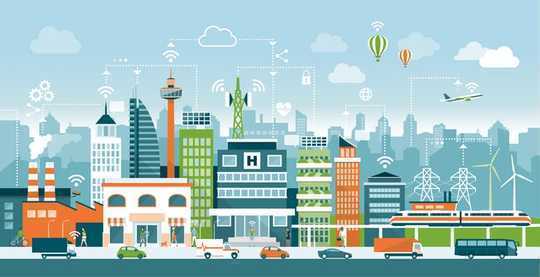
Your smartphone is far more powerful than the NASA computers that put Neil Armstrong and Buzz Aldrin on the moon in 1969, but it is also an energy hog.
- By Alan Finkel
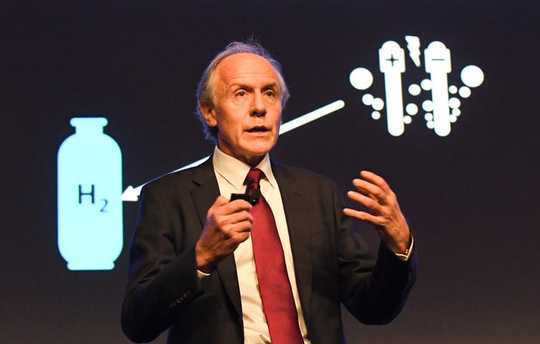
In 1874, science fiction author Jules Verne set out a prescient vision that has inspired governments and entrepreneurs in the 145 years since.
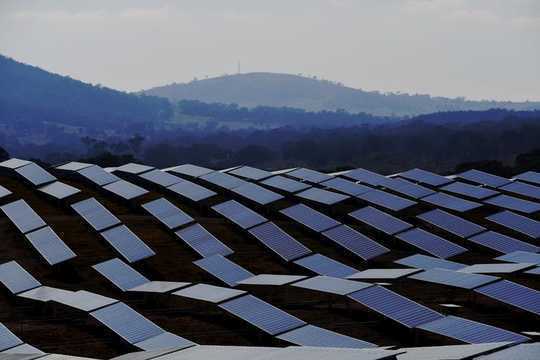
Using hydrogen as a clean fuel is an idea whose time may be coming. For Australia, producing hydrogen is alluring: it could create a lucrative new domestic industry and help the world achieve a carbon-free future.

















